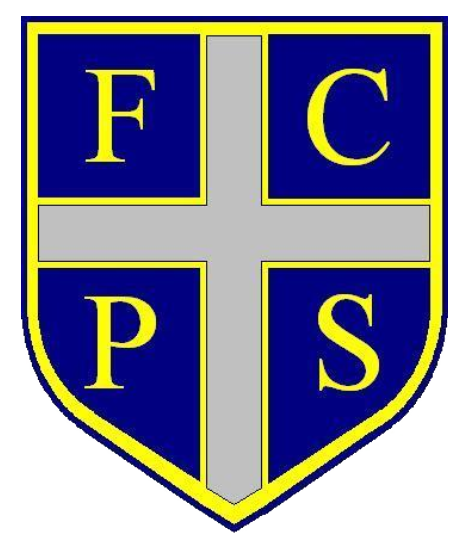KS2 Modern Foreign Languages (French) Curriculum (Years 3 to 6)
Intent
Learning a foreign language is a liberation from insularity and provides an opening to other cultures. A high-quality languages education should foster pupils’ curiosity and deepen their understanding of the world. The teaching should enable pupils to express their ideas and thoughts in another language and to understand and respond to its speakers, both in speech and in writing. It should also provide opportunities for them to communicate for practical purposes, learn new ways of thinking and read great literature in the original language. Language teaching should provide the foundation for learning further languages, equipping pupils to study and work in other countries.
Aims
The national curriculum for languages aims to ensure that all pupils:
- understand and respond to spoken and written language from a variety of authentic sources;
- speak with increasing confidence, fluency and spontaneity, finding ways of communicating what they want to say, including
- through discussion and asking questions, and continually improving the accuracy of their pronunciation and intonation;
- can write at varying length, for different purposes and audiences, using the variety of grammatical structures that they have learnt;
- discover and develop an appreciation of a range of writing in the language studied.
Pupils should be taught to:
- listen attentively to spoken language and show understanding by joining in and responding;
- explore the patterns and sounds of language through songs and rhymes and link the spelling, sound and meaning of words;
- engage in conversations; ask and answer questions; express opinions and respond to those of others; seek clarification and help;
- speak in sentences, using familiar vocabulary, phrases and basic language structures;
- develop accurate pronunciation and intonation so that others understand when they are reading aloud or using familiar words and phrases;
- present ideas and information orally to a range of audiences;
- read carefully and show understanding of words, phrases and simple writing;
- appreciate stories, songs, poems and rhymes in the language;
- broaden their vocabulary and develop their ability to understand new words that are introduced into familiar written material, including through using a dictionary;
- write phrases from memory, and adapt these to create new sentences, to express ideas clearly;
- describe people, places, things and actions orally and in writing;
- understand basic grammar appropriate to the language being studied, including (where relevant): feminine, masculine and neuter forms and the conjugation of high-frequency verbs; key features and patterns of the language; how to apply these, for instance, to build sentences; and how these differ from or are similar to English.
Intercultural Awareness and Acquisition of Cultural Capital
Through the study of modern foreign children’s intercultural awareness is stimulated leading to the fostering of curiosity about and a deepening understanding of the world around them. Our French curriculum is designed to promote global citizenship and personal development by incorporating teaching about cultures, communities and people in France. Through experiencing this, and making comparisons, children gain a new insight into their own culture and society; they learn new ways of thinking, recognising that there are different ways of seeing and interpreting the world, developing a truly international outlook.
Implementation
Our French curriculum is designed to be progressive, with formal learning commencing in Year 3, covering learning in the following core strands:
- Listening
- Speaking
- Reading
- Writing
- Phonology (spelling and sound system)
- Grammar (prioritised)
- Intercultural Awareness/Cultural Capital
‘Ongoing skills’ are progressive and split between the three terms of the school year and across the 4 year groups that make up Key Stage 2 (Years 3 to 6). There is an expectation that there is frequent revision of prior learning, as is good practice when mastering a foreign language to ensure learning is committed to long term memory.
Impact
Our MFL (French) curriculum aims to ensure that all pupils develop key language learning skills set out by the national curriculum, as well as a love of languages and learning about other cultures.
The class teacher will monitor the learning and progress made by pupils across a year group and assess outcomes against learning in each of the core strands of our curriculum: listening, speaking, reading writing, phonology grammar and intercultural awareness.
Assessment information is used both to inform planning and also to provide an assessment outcome overall for the child at the end of the academic year.
The MFL coordinator, supported by a senior leader, monitors these assessment sheets to ensure parity of judgements.
Learning an additional language will offer pupils the opportunity to explore relationships between language and identity, develop a deeper understanding of other cultures and the world around them with a better awareness of self, others and cultural differences. It is hoped that children will foster a love of language and a desire to further learning beyond the classroom and in their future.
Downloads:
